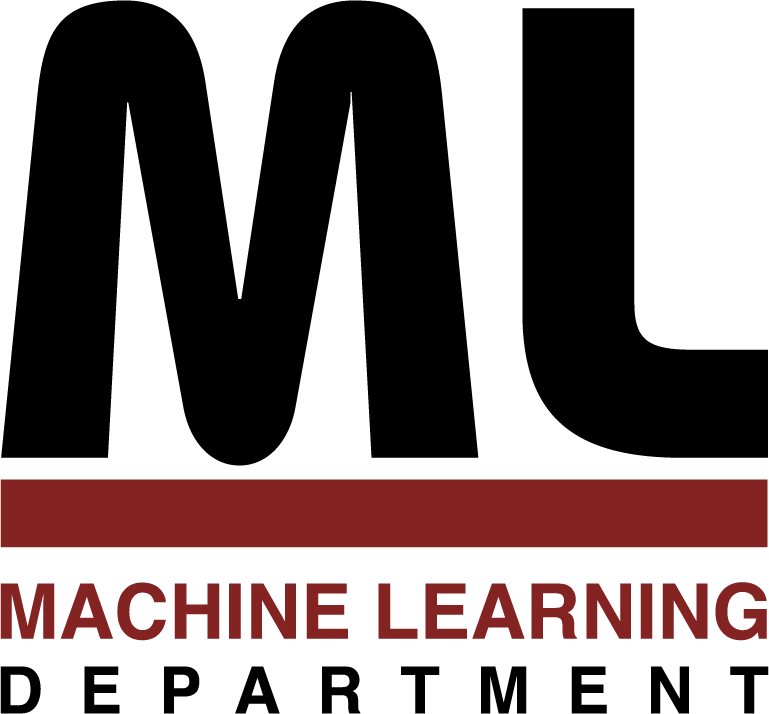
Machine Learning Department
School of Computer Science, Carnegie Mellon University
Efficient Matrix Models for Relational Learning
Ajit Paul Singh
October 2009
Ph.D. Thesis
Relational learning deals with the setting where one has multiple sources of data, each describing different properties of the same set of entities. We are concerned primarily with settings where the properties are pairwise relations between entities, and attributes of entities. We want to predict the value of relations and attributes, but relations between entities violate the basic statistical assumption of exchangeable data points, or entities. Furthermore, we desire models that scale gracefully as the number of entities and relations increase.
Matrices are the simplest form of relational data; and we begin by distilling the literature on low-rank matrix factorization into a small number of modelling choices. We then frame a large class of relational learning problems as simultaneously factoring sets of related matrices: i.e., Collective Matrix Factorization. Each entity is described by a small number of parameters, and if an entity is described by more than one matrix, those parameters participate in multiple matrix factorizations. Maximum likelihood estimation of the resulting model involves a large non-convex optimization, which we reduce to cyclically solving convex optimizations over small subsets of the parameters. Each convex subproblem can be solved by Newton-Raphson, which we extend to the setting of stochastic Newton-Raphson.
To address the limitations of maximum likelihood estimation in matrix factorization models, we extend our approach to the hierarchical Bayesian setting. Here, Bayesian estimation involves computing a high-dimensional integral with no analytic form. If we resorted to standard Metropolis-Hastings techniques, slow mixing would limit the scalability of our approach to large sets of entities. We show how to accelerate Metropolis-Hastings by using our efficient solution for maximum likelihood estimation to guide the sampling process.
This thesis rests on two claims, that (i) that Collective Matrix Factorization can effectively integrate different sources of data to improve prediction; and, (ii) that training scales well as the number of entities and observations increase. We consider two real-world data sets in experimental support of these claims: augmented collaborative filtering and augmented brain imaging. In augmented collaborative filtering, we show that genre information about movies can be used to increase the predictive accuracy of user's ratings. In augmented brain imaging, we show that word co-occurrence information can be used to increase the predictive accuracy of a model of changes in brain activity to word stimuli, even in regions of the brain that were never included in the training data.
159 pages
School of Computer Science homepage
This page maintained by [email protected]